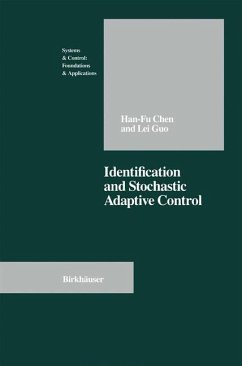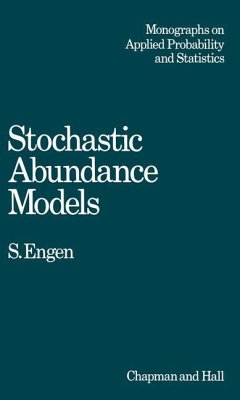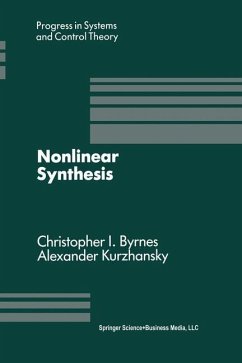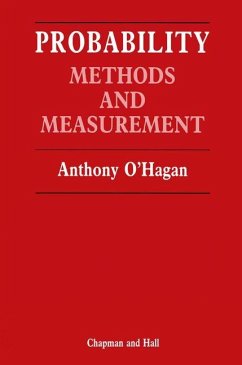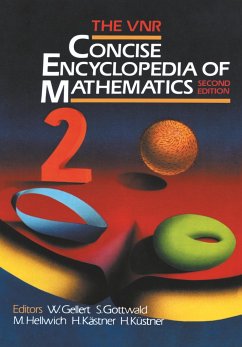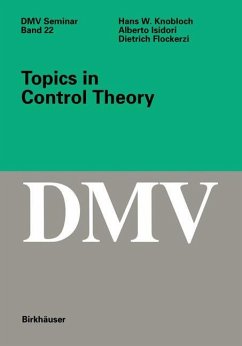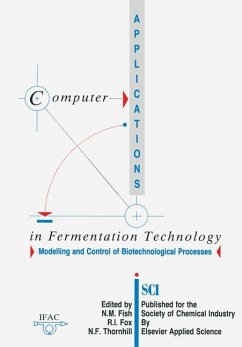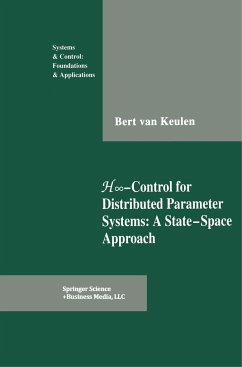
Identification and Stochastic Adaptive Control
Versandkostenfrei!
Versandfertig in 1-2 Wochen
77,99 €
inkl. MwSt.
Weitere Ausgaben:

PAYBACK Punkte
39 °P sammeln!
Identifying the input-output relationship of a system or discovering the evolutionary law of a signal on the basis of observation data, and applying the constructed mathematical model to predicting, controlling or extracting other useful information constitute a problem that has been drawing a lot of attention from engineering and gaining more and more importance in econo metrics, biology, environmental science and other related areas. Over the last 30-odd years, research on this problem has rapidly developed in various areas under different terms, such as time series analysis, signal processi...
Identifying the input-output relationship of a system or discovering the evolutionary law of a signal on the basis of observation data, and applying the constructed mathematical model to predicting, controlling or extracting other useful information constitute a problem that has been drawing a lot of attention from engineering and gaining more and more importance in econo metrics, biology, environmental science and other related areas. Over the last 30-odd years, research on this problem has rapidly developed in various areas under different terms, such as time series analysis, signal processing and system identification. Since the randomness almost always exists in real systems and in observation data, and since the random process is sometimes used to model the uncertainty in systems, it is reasonable to consider the object as a stochastic system. In some applications identification can be carried out off line, but in other cases this is impossible, for example, when the structure or the parameter of the system depends on the sample, or when the system is time-varying. In these cases we have to identify the system on line and to adjust the control in accordance with the model which is supposed to be approaching the true system during the process of identification. This is why there has been an increasing interest in identification and adaptive control for stochastic systems from both theorists and practitioners.





